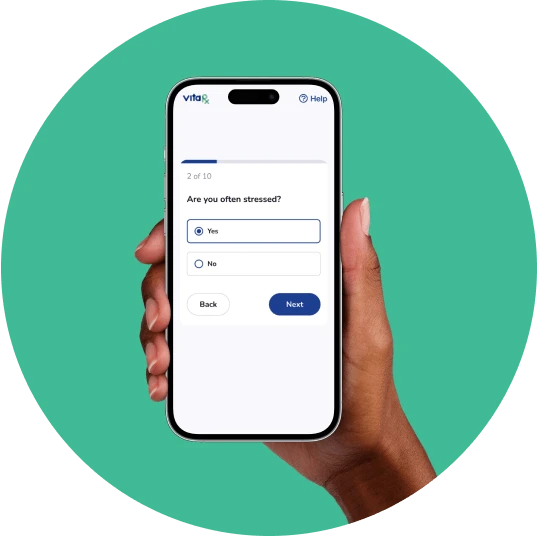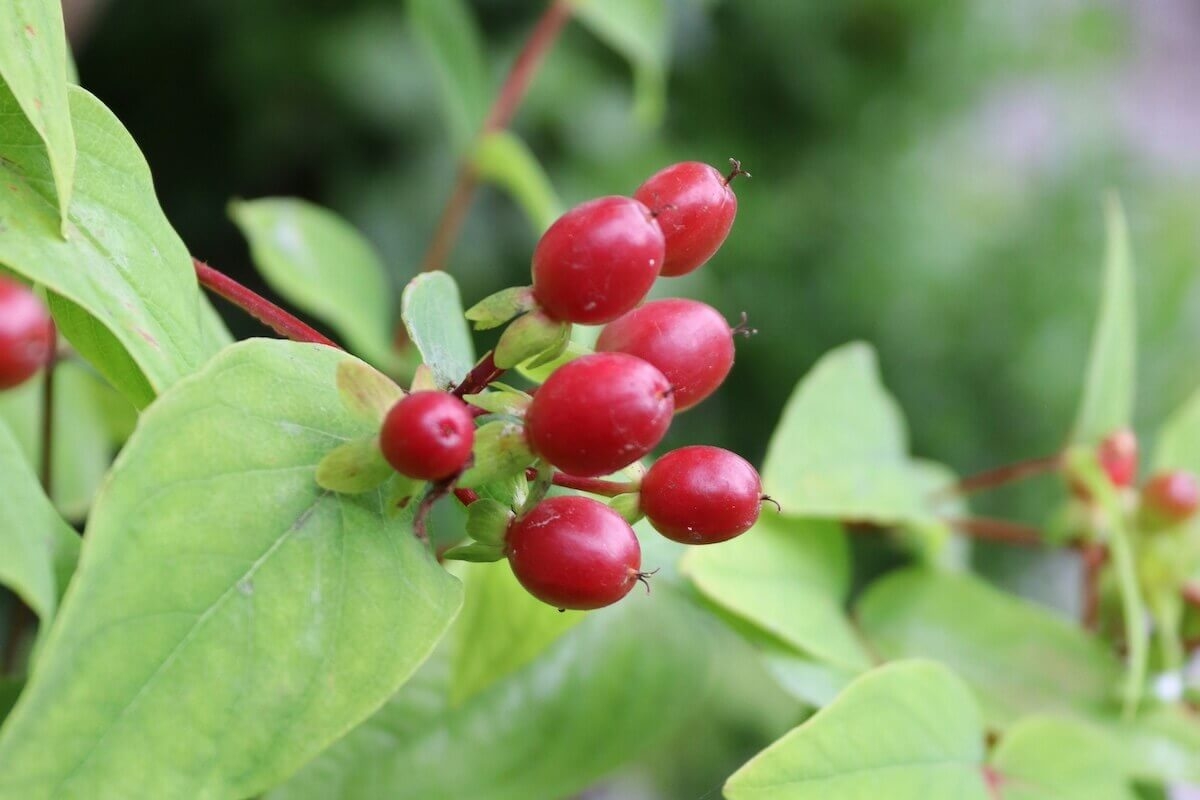Last update: March 25, 2025
7 minute read
Can You Drink Water While Fasting?
Stay hydrated without breaking your fast: Learn if water, supplements, and flavored drinks fit your fasting plan.

By Stephanie Wright, RN, BSN
Edited by Dr. Jacquie Leone, NMD, HN

Is it possible to stay hydrated while fasting? Whether it's for spiritual, health, or medical reasons, figuring out whether you can drink water while fasting raises common concerns. You actually can drink water while fasting, and it’s necessary for maintaining good health. In this post, you'll discover the many scenarios where water is allowed and the vital role it plays in your fasting journey.
Key takeaways
- You should drink water while fasting
- Staying aware of hydration signs prevents dehydration during fasting periods
- Supplements can support your fasting and overall health goals
Can you drink water while fasting?
Can you drink water while fasting? Yes, and you must drink water while fasting.
When you're fasting, your body needs to stay hydrated. Water helps your body get rid of waste and keeps everything running smoothly.
It's like giving your body a shower on the inside. Plus, drinking water can help you feel less hungry, making fasting a bit easier.
Whether you're doing a short or long fast, having water is like giving your body a boost. So, feel free to drink water to keep yourself feeling good during your fasting time.
What does fasting include?
Fasting means choosing not to eat for a while. But when it comes to drinks, especially water, the rules are more flexible.
Water is vital for the body. It helps with things like regulating temperature, getting rid of waste, and protecting your joints. It's essential for your overall health, even when you're fasting.
Drinking water keeps your body working well and stops you from getting dehydrated, which can be uncomfortable and cause other health problems. Plus, having water during fasting might help you feel less hungry and support your body's natural processes.
Can you drink water while practicing intermittent fasting?
Yes! When you're doing intermittent fasting, it's essential to drink water to stay hydrated. Unlike food, drinking water doesn't interfere with the fasting state—it won't stop your body from burning stored energy.
Hydrating with water has many benefits, including keeping your joints well-lubricated, supporting cell health, and helping the waste removal processes. Plus, it’s calorie-free, making it a great choice during fasting periods.
Is dry fasting a no-water zone?
Dry fasting means not eating or drinking anything, including water. Unlike some other types of fasting where you can drink water, in a dry fast, you skip both food and fluids.
The idea is to create a deep state of ketosis and trigger certain changes in your body without any external hydration. But, it's important to understand that dry fasting is more challenging and can be riskier than other fasting methods. Without water, your body may get dehydrated, and your electrolyte balance might be disrupted, which can be harmful.
Can you hydrate before a medical examination?
Yes, it's usually okay to drink water before a medical checkup. Drinking water helps the doctor get accurate results and makes the checkup smoother.
For some tests, like blood tests or scans, being hydrated can improve the quality of the results. But keep in mind that there might be specific instructions for certain exams.
In some cases, you might need to avoid eating or drinking for a certain time before the checkup. For example, when getting lipids or hormones tested, it’s advised not to eat at least 12 hours before testing. However, if your physician requires a urine analysis as part of testing, drinking enough water will be an important part of this test.
VitaRx Tip
If you have any questions about drinking water before a medical checkup, it's a good idea to talk to your doctor. They can give you personalized advice based on your health and the type of checkup you're having.
Will hydrating break your fast during religious observances?
When it comes to religious fasting, whether drinking water breaks your fast depends on the rules of your religion. Different religions have different fasting practices, and some may allow limited hydration during fasting. It's important to check with religious leaders or follow the guidelines of your religious community to know the rules about drinking water during fasting.
Are there any exceptions to drinking water while fasting?
Drinking water is usually okay and even recommended to stay hydrated. However, it depends on the type of fasting you're doing.
Some fasts, like dry fasting, don't allow any water intake. It's crucial to follow the specific rules of your fasting method.
It also depends on the kind of water you’re drinking. Certain flavored or improved waters could affect fasting goals. For instance:
- Flavored seltzers or club sodas are usually okay if they're free of calories and sweeteners.
- Lemon in water is usually fine as well.
- Coconut water, however, is a no-go due to sugars and carbs that would break your fast.

Get your personalized vitamin recommendations in less than 3 minutes.
Get your personalized vitamin recommendations in less than 3 minutes.

What are the signs of dehydration to look out for?
Dehydration can show many signs, and it's important to recognize them to address the issue quickly. Common signs of dehydration include:
- Thirst: Feeling very thirsty is one of the earliest signs of dehydration. If you're consistently thirsty, it's a signal your body needs more fluids.
- Dark urine: Dark yellow or amber-colored urine suggests concentrated urine, pointing to dehydration. In a well-hydrated state, urine is typically pale yellow.
- Decreased urination: If you're urinating less frequently than usual, it might be a sign of dehydration. Proper hydration leads to urinating regularly.
- Dry mouth and dry skin: Not getting enough water can lead to dryness in the mouth and skin. Lips may become chapped, and skin might feel dry or less elastic.
- Fatigue and dizziness: Dehydration can cause a drop in blood volume, leading to lower energy levels, fatigue, and dizziness.
- Headache: Dehydration may contribute to headaches and migraines. Staying hydrated is crucial for overall brain function.
- Rapid heartbeat and breathing: In more severe cases of dehydration, your heart rate may increase, and breathing can become faster.
- Sunken eyes and crying with fewer tears: In infants, sunken eyes and fontanelle with decreased tear production during crying can indicate dehydration.
VitaRx Tip
If you experience these symptoms, it's important to drink water or fluids with electrolytes to rehydrate. In severe cases, find medical attention.
Dos and don'ts of drinking water while fasting
When it comes to fasting, whether for health or spiritual reasons, the approach to hydration can be a bit different than your everyday routine. Staying informed about the best practices will help you make sure you maintain your health without accidentally breaking your fast.
Do’s
Do drink plenty of plain water throughout the fasting period.
Do stay on the lookout for signs of dehydration, like dry mouth or dizziness.
Do continue drinking water if fasting for a blood test.
Do hydrate well before starting a dry fasting period, if necessary.
Don’ts
Don't drink beverages with calories, as they will break your fast.
Don't drink flavored waters with artificial sweeteners or additives during fasting windows.
Don't assume all sparkling waters are fast-friendly - always read the labels.
Don't put your health at risk for fasting; talk to a healthcare professional if you're unsure.
Advantages and disadvantages of drinking water while fasting
Drinking water is crucial for people fasting. The effectiveness of fasting, whether it be for detoxifying purposes or as a discipline of self-control, can depend entirely on proper hydration. Let's explore the upsides and potential downsides of drinking water during your fasting period.
Frequently asked questions (FAQ)
Here are some of the most frequently asked questions about drinking water while fasting.
Final thoughts
When fasting, staying hydrated is crucial. Whether fasting for health or spirituality, water is your friend to keep your body in balance.
We're here to support your fasting routine, ensuring you don't just get by but actually improve your health. Explore supplements for a fasting experience backed by quality for your well-being.
Sources and references
- Water and Healthier Drinks | Healthy Weight, Nutrition, and Physical Activity | CDC
- Effects of Daytime Dry Fasting on Hydration, Glucose Metabolism and Circadian Phase: A Prospective Exploratory Cohort Study in Bahá'í Volunteers - PMC
- Adult Dehydration - StatPearls - NCBI Bookshelf
- Pediatric Dehydration - StatPearls - NCBI Bookshelf
- How much water should I drink a day? - Harvard Health
Author

Stephanie Wright
Stephanie brings over 13 years of diverse nursing experience to the table, having honed her expertise in critical care, mental health, and utilization management. Her journey as a registered nurse across these various healthcare sectors underscores her adaptability and deep commitment to patient care.
Fact checker

Dr. Jacquie Leone
Dr. Leone holds a BA in Psychology, a Doctorate in Naturopathic Medicine, and board certification in holistic nutrition. In addition to practicing medicine, Dr. Leone has developed and currently teaches science and nutrition courses for a nationally accredited institution. She specializes in chronic illness, gastrointestinal dysregulation, inflammatory conditions, and mental health. Her unique approach combines the wisdom of Eastern medicine with the technology and science of Western medicine, offering an integrative approach heavily focused on functional medicine.
At VitaRx, we're not just passionate about our work — we take immense pride in it. Our dedicated team of writers diligently follows strict editorial standards, ensuring that every piece of content we publish is accurate, current, and highly valuable. We don't just strive for quality; we aim for excellence.
Related posts
While you're at it, here are some other relevant articles you might be interested in.

Get your personalized vitamin recommendations in less than
5 minutes.
Get your personalized vitamin recommendations in less than
5 minutes.






